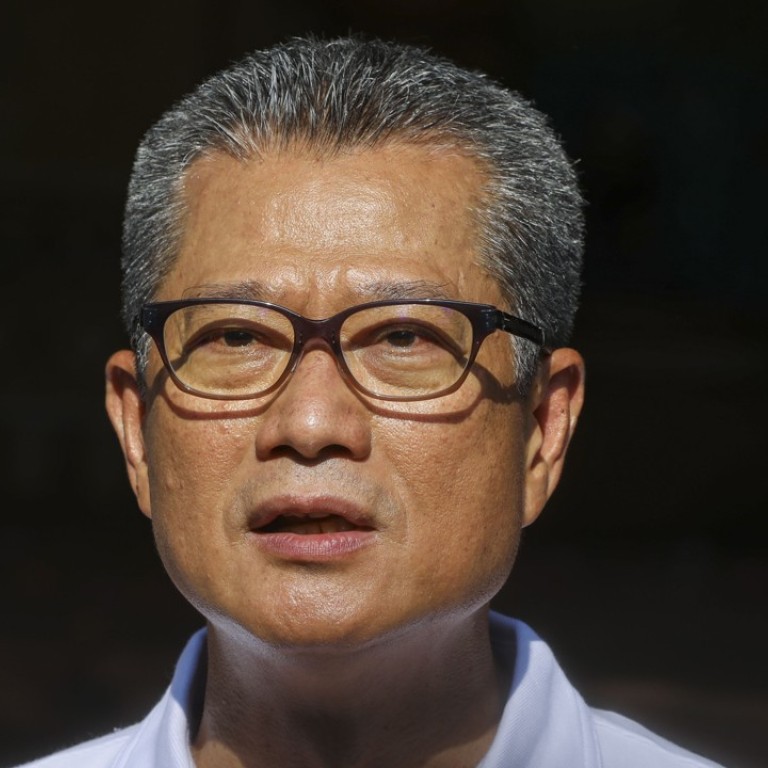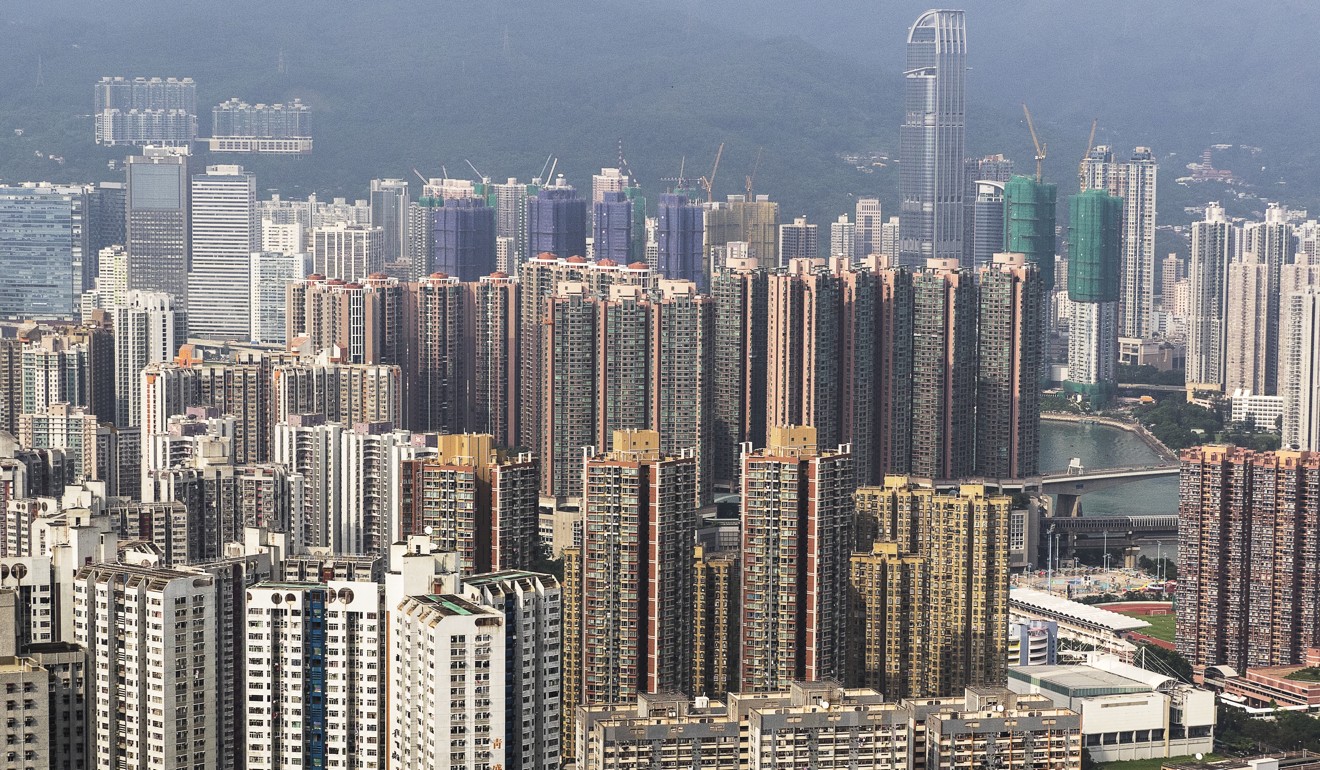
Finance chief Paul Chan says plan to tax Hong Kong property owners hoarding vacant flats not just a money-spinner
Minister cites added justification of housing crisis, before officials unveil detailed proposal and as property developers say only a few thousand apartments lie vacant
Official figures showed some 42,942 flats, or 3.7 per cent of the citywide total, were unoccupied last year. Of these, 9,370 were unsold new flats – 5,000 of which were completed last year.
Chan dismissed objections by stressing the tax would serve the public good.

“Our goal is not to increase the government’s income,” he said. “We would rather ... not collect any tax, but ensure flats are delivered to the market for sale or rent effectively.”
Developers insisted they would oppose the vacancy tax, arguing only 3,000 flats were actually vacant as the remaining unoccupied flats were categorised as completed and ready to be lived in. They contended they were waiting for compliance approvals from building authorities.
But the financial secretary said there were up to 18,000 private apartments that had already been completed by developers or would be finished in the next two to three years. Developers could apply for presale consent for residential projects that will be completed in the next 30 months.
When the government designs policies and measures, we are driven by public interest
Speaking to reporters during an official trip to Beijing, Chan added that about 28,000 private units in some 70 residential projects were eligible to be considered for presale consent.
Asked to comment on property developers’ criticisms that the tax would not work, Chan said: “We should roll out this vacancy tax targeting first-hand property. There is not much wrong with it. If they don’t think there would be much effect on them, they don’t need to be so noisy.”
He was also asked whether the government was eager to roll out the vacancy tax so that Lam could cite it as a main achievement for the year.
Chan deflected the question and said: “When the government designs policies and measures, we are driven by public interest ... After cautiously considering the advice of legal [advisers], we do what we believe is appropriate.”
Accountancy sector lawmaker Kenneth Leung voiced support for the tax but called for the bill to clearly define what constitutes a vacant flat.
“The new tax might not slow the increase in property prices on its own, but coupled with other policies, it is possible,” he said.

